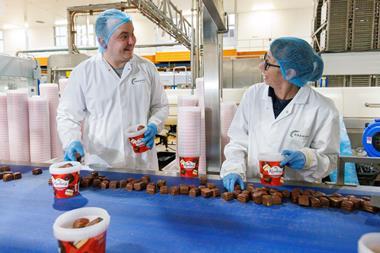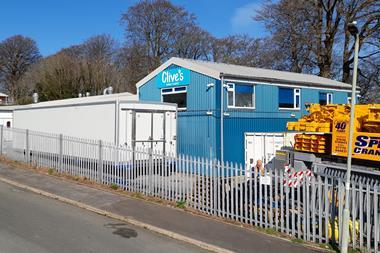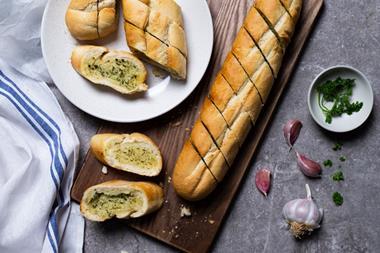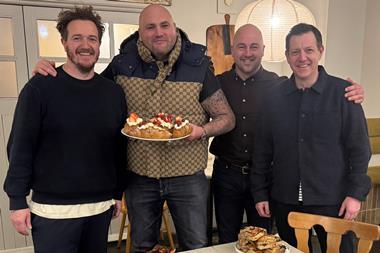Patisserie Holdings, which owns the high street bakery chain, released its results today. We take a closer look at what they mean for Patisserie Valerie.
Strong sales
The group is doing well, thanks to some strong brands. The company as a whole has seen group revenue increase 14.4% to £50m and ebitda improve to £10.6m. This has largely been driven by Patisserie Valerie, which brings in 70% of the overall figure. Revenue has also improved at Flour Power City, its wholesale bakery, to £1.8m.
Expansion
Patisserie Holdings has made no bones about its plans to expand. Chief executive Paul May told British Baker that when the company was planning for its initial public offering [in 2014], research showed it could reach a further 250 high street shops. However, since that time it has just worked out that the company has opened more in alternative locations. And more are coming; the company is soon to open a Patisserie Valerie store in Northern Ireland which will have a co-located bakery opening up that market. May added: “We are still only at 123 sites. Compare that to Starbucks or Costa which has 2k and we have lots of opportunity to grow.”
Innovation
The launch of a gluten-free range for Patisserie Valerie was a major undertaking, according to May, which had largely been driven by social media. But the NPD does not stop there, says May. The company is also looking at extending the gluten-free range, adding vegetarian dishes and looking at a children’s cakes range.
Diversification
The company opened its first additional Baker & Spice outside London earlier this year, in Brighton. It is a radically different store model from its London site and the company say it is “early days”.
Costs
Patisserie Holdings says the National Living Wage will cost it £475,000 for the rest of the year, and will cost £675,000 for the full year 2017, but it has still managed to improve its gross profit margins by 1.0% thanks to “efficiencies and savings” in its supply chain.
































No comments yet